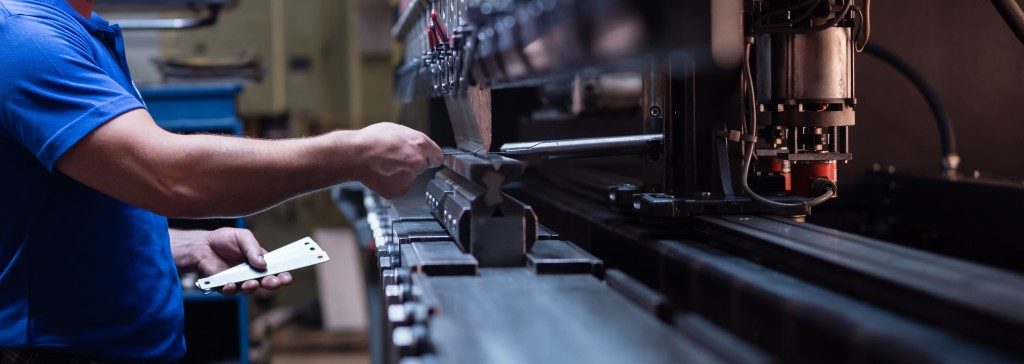Human participation in the manufacturing process is essential. However, relying on it entirely is a bad idea, especially if there are many processes to manage. It is true that automation would need an upfront investment. However, the benefits that it offers make the investment a valuable one. Why should you automate manufacturing processes?
It Reduces Costs
Making profits is the primary goal of all businesses. While you can still make them with human labor, embracing automation increases profitability. With automation, it means that there will be minimal operating costs. Human labor cost is increasing, so you will be paying more to retain your employees. If there is a shortage of qualified people in your country, you will most likely have to recruit employees and then train them. This can be costly, especially if the employees leave after training. Automation also reduces the costs that come with human error.
Improved Product Quality
In addition to increased costs, human errors also compromise product quality. If you are training employees regularly, there will be an inconsistency concerning product quality. This can mean losing clients. It can also be an inconvenience, especially if your sector has strict quality specifications. Automation guarantees your peace of mind owing to a reduced fraction defect rate. You will be able to program your equipment to alert you in case a process veers toward lower or upper tolerance limits.
Automation frees humans to focus on improving technology, fine-tuning processes, and executing tasks that are difficult to automate. This guarantees improved productivity. Most importantly, it improves the chances of a superior quality final product.
It Improves Efficiency
Humans have their limits. Even the employees with an outstanding work ethic will be unable to give their all regularly. This makes it impossible to achieve consistent production. Automation makes sense because machines worker harder and faster than humans. They can also work round-the-clock. Efficiency means meeting production demands consistently. Automation also guarantees a reduced manufacturing lead time. If you deliver client orders within an acceptable timeframe, you increase your chances of getting repeat business.

Takes Care of Processes that Are Hard to Do Manually
Some manufacturing processes are impossible without machines. Operations that require complex geometry, miniaturization, and high precision are challenging to accomplish manually. Automation also helps minimize repetitive and tiring tasks. Such tasks can become annoying with time, which can affect the productivity of your employees. Repetitive tasks can also make employees sloppy, which is likely to affect the quality of the final product.
Automation Increases Workplace Safety
All manufacturing plants have dangerous environments. Since humans are fragile, exposure to extreme temperatures, poor air quality, hazardous chemicals, and dangerous machines can mean accidents. Accidents not only affect productivity but also expose you to lawsuits. Automation removes your employees from hazardous environments because it transfers employees from active participation.
Automation is a delicate process. For best results, you ought to work with the right specialists. If you are interested in PLC programming, for instance, you should work with seasoned and reliable specialists in PLC programming in Utah. It pays to choose a provider that understands your industry.


